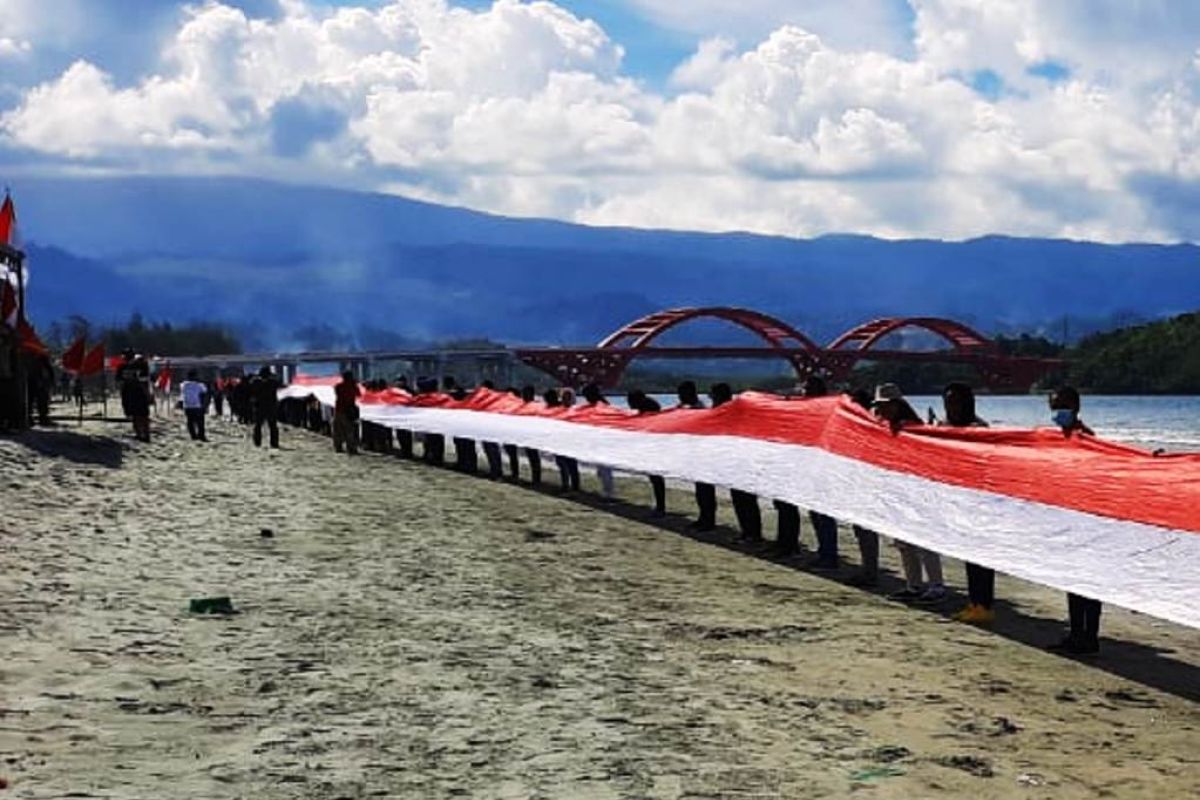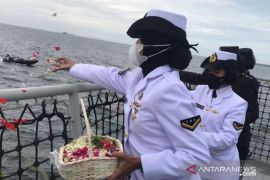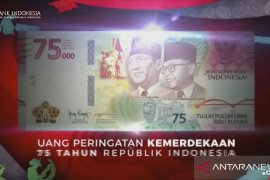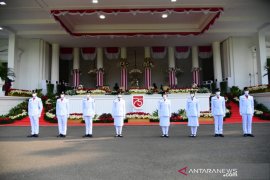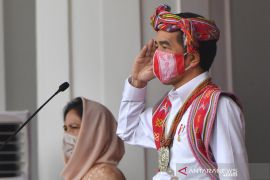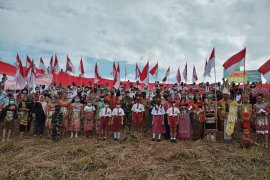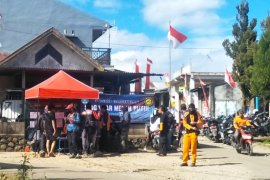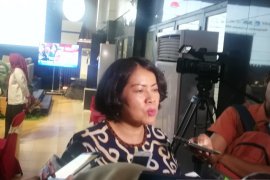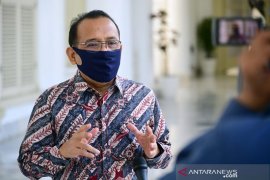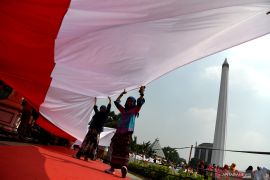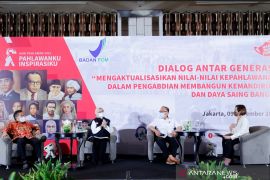The term “independence” alone indeed has a sort of association with freedom, especially in its connection to a country that Oxford Learner's Dictionaries defines as "freedom from political control by other countries."
August 17 this year marks the 75th commemoration of Indonesia’s Independence Day, as the country's founding fathers made an official proclamation to declare the nation’s freedom from the Japanese occupation in 1945.
Related news: Original proclamation text written by Soekarno to be displayed
A day prior, an important event occurred wherein some youth movement leaders pressed Soekarno and Hatta to immediately deliver an official announcement for independence -- known later as the Rengasdengklok Event.
"One of those youths, Johar Noor, then suggested to 'kidnap' Soekarno and Hatta. Other youth members agreed to this suggestion. Rengasdengklok was chosen as it had become one of PETA's (Japan-formed military unit) posts," historian Rusdhi Hoesein stated while referring to an area in Karawang, West Java.
The "kidnapping" event was, in fact, aimed at securing the two old-group leaders from the influence of Japanese officials that could delay the proclamation of independence since Soekarno and Hatta believed they should first earn Japan's approval on this.
However, the youths had successfully played a critical role in Indonesia’s independence declaration process. Their youthful determination made it possible for Soekarno to read out the proclamation text at 10 a.m. local time on August 17, 1945.
After over seven decades, the spirit remains unwaveringly strong, although its interpretation has perhaps shifted from being centered on national freedom to more personal aspects nowadays.
It means that during the course of this prolonged journey undertaken by Indonesia, right from the declaration until it reached this point, the meaning and true essence of independence should transcend beyond being a mere official ceremony or symbolic celebration.
ANTARA sought to gain the perspectives of 10 youngsters of both genders in the age group of 20 to 30 on this matter. The first question is the exact one aforementioned in the opening paragraph.
One word that crosses your mind when you hear the word "independence" is...
"free."
"sovereign."
"free."
"democracy."
"free."
"bravery."
"freedom."
"history."
"freedom."
"free."
Doddy, 24, voiced that independence is not only something that we were striving for back then, but it has also to be defended and developed, for which annual ceremonies should not be viewed as sufficing.
"I believe that our fight continues till the end of the world," Doddy noted while expressing belief that Indonesians would understand that the event that took place 75 years ago was not a finish line, but on the contrary, the first step to make greater efforts for the future.
"I will celebrate this moment of independence in a graceful manner and prayer for our predecessors while also doing anything I can to contribute to the people around me," he stated.
"Independence means being free to determine our fate,” 23-year-old Ceilla Ayu stated while voicing a similar thought that when viewed through a broader frame means "all people navigating the nation while the country is opening its access for basic rights, including the freedom of expression."
Ayu averred that contribution for the nation should go beyond patriotism or else it will reduce the current context of globalization and transnationalism. However, simple things, such as signing for a petition and sharing a positive movement, could already be counted as a contribution in itself.
“Independence is about effort, eagerness, and hope to uphold the values of humanity for making progress in our nearest environment," Robertus Rony, 31, stated.
It holds a special place in the hearts of both Nia and Hafidz Fadli, aged 25, who interpret independence as the courage to fight any obstacle in the process of growing up as well as being free.
Celebrating freedom amid today's limitations
Most of 2020 in the wake of the COVID-19 pandemic has apparently forced one and all to inculcate new habits and mannerisms in almost all spheres of life. The new normal Independence Day commemoration and celebration is one such change.
Speaking in connection with governmental measures to curb the outbreak, Neng Endah Fatmawati, 25, said she will celebrate this Independence Day by complying with the set protocols to prevent transmission of the virus that translates to no traditional games and competitions, such as balap karung and panjat pinang.
"This is because being healthy is indeed a freedom in itself," Fatmawati emphasized.
Arum, 24, too spoke on the similar lines, as she promoted the habit of staying indoors and doing whatever she can without venturing outside, including engaging in activities to empower herself, so she can face the day with renewed vigor, zest, and independence.
Citing French philosopher Jean-Paul Sartre, Rebi, 25, highlighted the meaning of the 2020 Independence Day as freedom within limitations, as people are currently facing the same situation, with restrictions and limitations in place.
"I myself would like to celebrate this moment of freedom with anything I can do for now, even with such limitations, since I believe that we, as human beings, possess an extraordinary capability to adapt," she remarked.
Febri, 30, adapts to this situation by planning to hold a small ceremony while dressed in regular clothing along with his family members in the backyard.
Tama, 26, is marking this momentous day by creating educational content to be shared on his social media account.
Related news: Independence Day amid COVID-19 in the eyes of Indonesian diplomats
Related news: Giant White and Red flag hoisted in Indonesia-Malaysia border area
Editor: Sri Haryati
Copyright © ANTARA 2020
